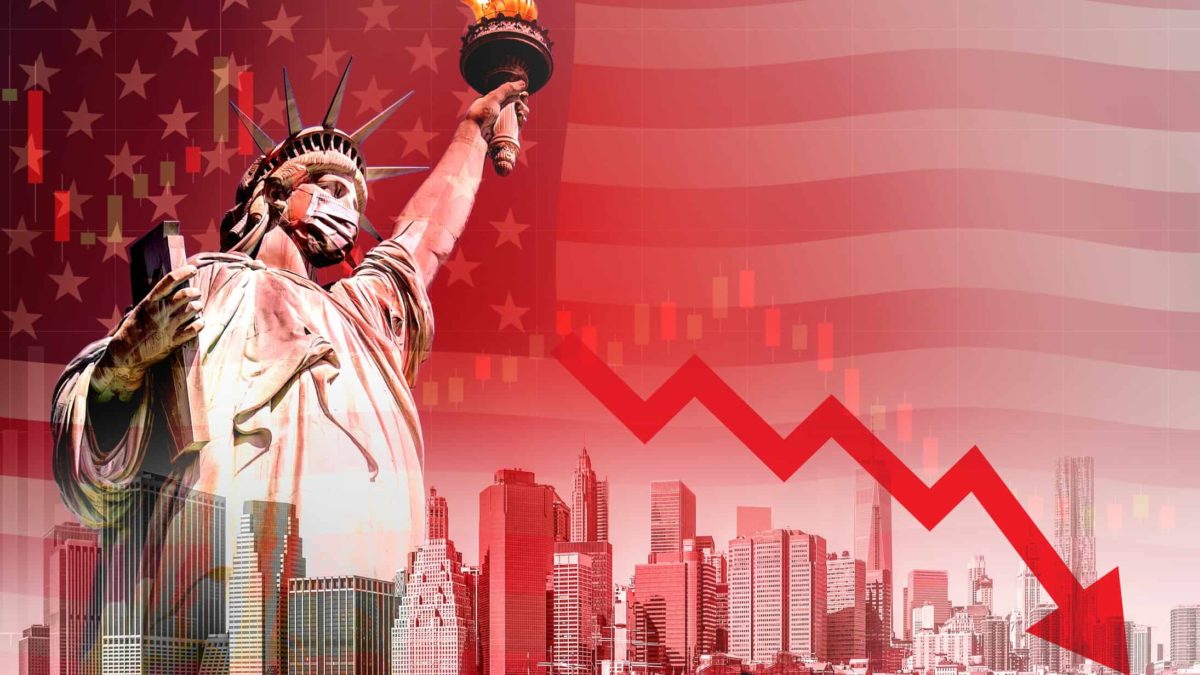Investors all around the world would probably be a fairly happy bunch right now. Our own S&P/ASX 200 Index (ASX: XJO) is currently hitting the highest level since late February this year. That was when the ASX 200 was in the midst of the coronavirus market crash. It's also up more than 10% since the start of this month.
Over in the United States, it's a similar story. The flagship Dow Jones Industrial Average (INDEXDJX: .DJI) index is sitting pretty close to an all-time high after gaining more than 57% since 23 March. And again, more than 10% since the start of November. That's some confidence-boosting statistics, to be sure.
We can point to the announcement of several promising COVID-19 vaccine candidates as the likely cause for this surge in optimism on the markets.
Double-dip recessions and stimulus
Yet, reporting from the Australian Financial Review (AFR) today isn't painting such a rosy picture for the future. According to the AFR, advisors to the new US President-elect, Joe Biden, are "planning for the increasing likelihood that the United States economy is headed for a 'double-dip' recession early next year".
The president-elect's advisors are reportedly concerned over a renewed wave of COVID-19 infections across the US. As well as a looming threat of a cliff edge for jobless benefits that are scheduled to expire in December. That comes "amid a wave of evictions and foreclosures" across the US as well.
The President-elect's team is purportedly in negotiations with US congressional leaders like Speaker Nancy Pelosi and Senate Majority Leader Mitch McConnell for another recession-busting stimulus package.
But these negotiations are reportedly stalling for now, with major differences between the 2 parties on how much money should be spent and where. The Democrats (Mr Biden's party) are apparently pushing for a large US$2 trillion package. The Republican party is gunning for a much smaller package in the US$500 billion range.
Mr Biden's team has also reportedly received advice from economists indicating that the US economy will begin to shrink early next year unless the stimulus impasse is broken. This advice flags the possibility of job losses amounting to more than 3 million in the first half of 2021 and a return of an unemployment rate above 10%.
What does this mean for ASX shares?
If there is indeed a 'double-dip' recession over in the US next year, it would almost certainly be bad news for the ASX 200 and ASX shares, not to mention the global economy. There is that saying "when America sneezes, the rest of the world catches a cold" for a reason.









